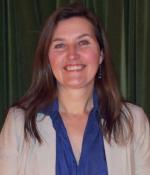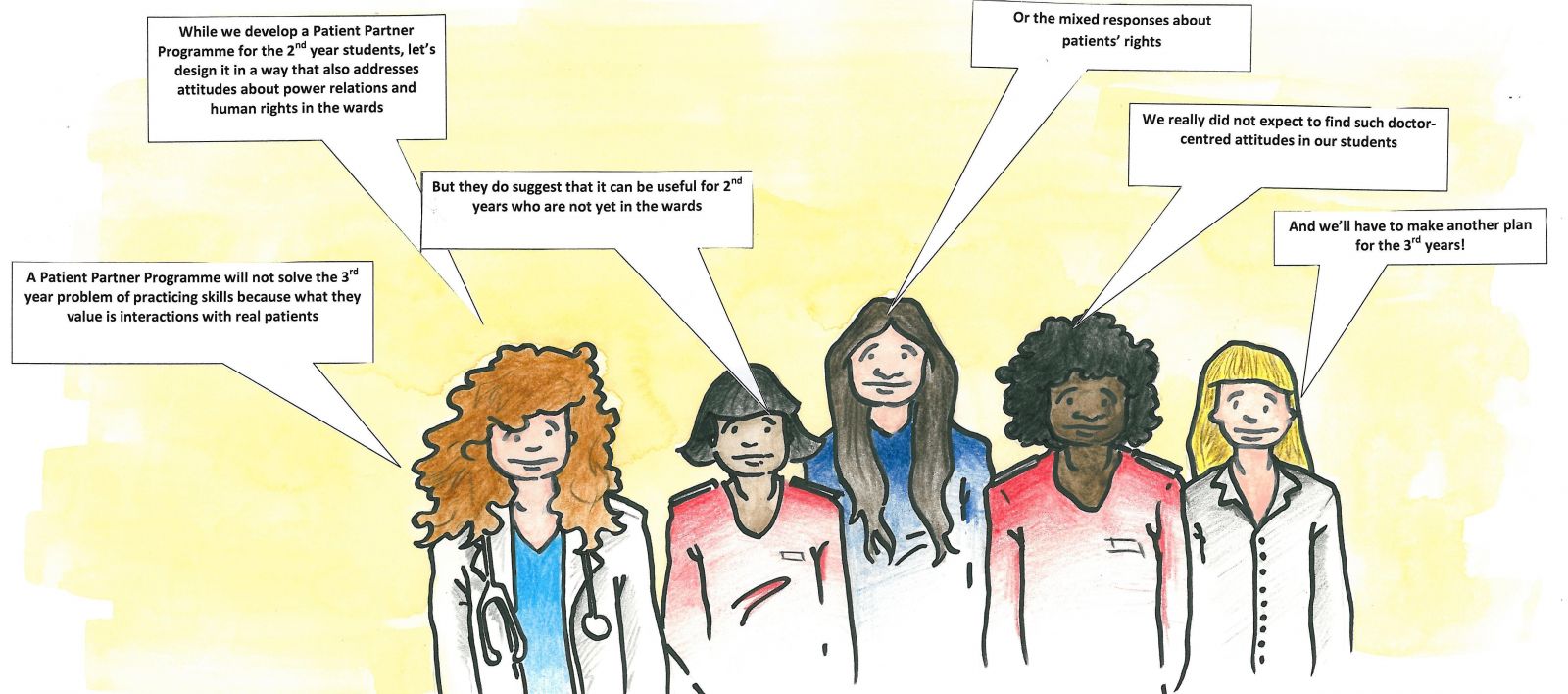


Theme
Simulation and Simulated Patients
Category
Simulated Patients
INSTITUTION
University of Cape Town

Many African medical schools rely on utilizing real patients for undergraduate clinical skills training due to cost. However, third year students in this tertiary hospital increasingly complain of struggling to find sufficient numbers of patients willing and well enough to handle multiple examinations by junior students. The study aims to investigate the validity of students’ complaints and to explore whether a formalized Standardized Patient (SP) Programme should be developed to provide additional clinical learning opportunities. Since the curriculum has a patient-centered Primary Health Care orientation, the SP is conceptualized as a knowledgeable ‘Patient Partner’ with the ability to teach.
Data is collected through quantitative tracking of patient-student encounters, through focus groups and questionnaires with students, and through interviews with patients.
The data confirms significant challenges in sourcing ward patients. However, most students report that the value of interviewing and examining real patients outweighs the challenges, and suggest that skills practice with Patient Partners should rather be included in the pre-clinical years. With regard to bed-side teaching, students prefer traditional doctor-led tutorials to teaching by experienced Patient Partners. The data also reveals tension between what the students believe about real patients’ health rights and students’ need for interviewing and examining the small cohort of available patients. While some patients may feel pressured, all prioritize students’ need to learn.
In exploring students’ views on and needs for additional clinical learning opportunities, the study uncovers ambiguity and compromises regarding patients’ rights, and doctor-centered approaches to clinical learning. These findings challenge the Primary Health Care principles on which the curriculum is based. While the need for real patients remain, the challenge of transferring a patient-centered philosophy from classroom to ward practice is forgrounded.
A SP Programme may not be the best solution to address the need for providing additional clinical learning opportunities for 3rd year students. However, developing a patient-centered ‘Patient Partner Programme’ for pre-clinical students may provide opportunities not only to practice clinical skills before they go to the wards, but also to explore human rights and relationships of power in the clinical context.

Thanks to the students and patients who partcicipated in this study, and to Callen Byrnes who created the illustrations
The full article will be published in the African Journal of Health Professions Education
 Send Email
Send Email